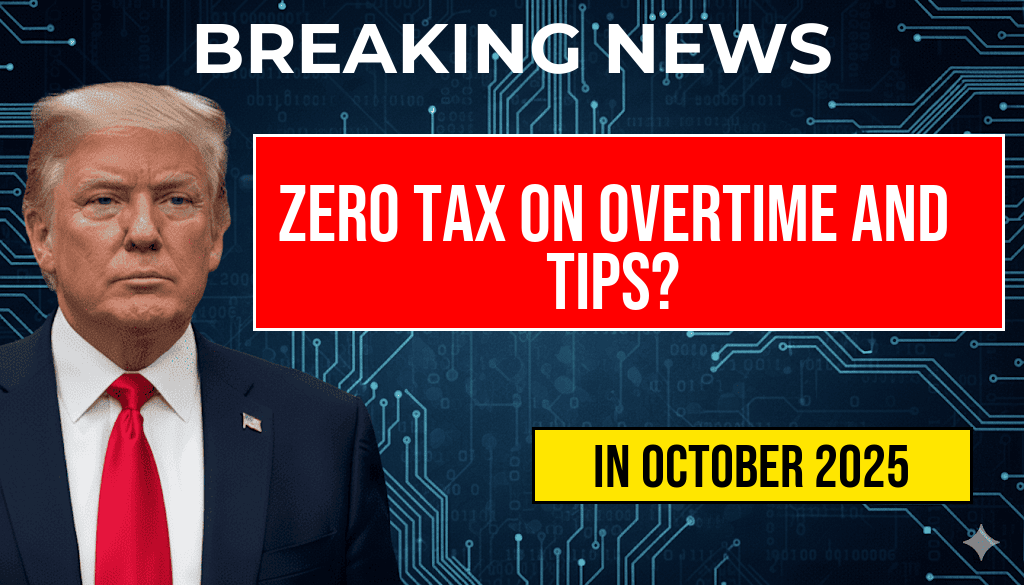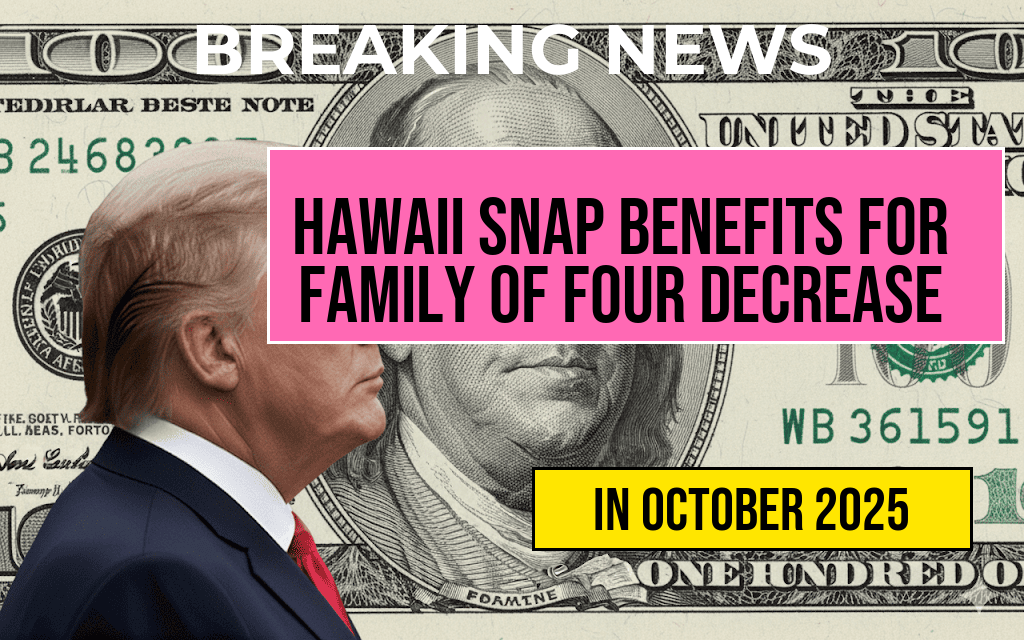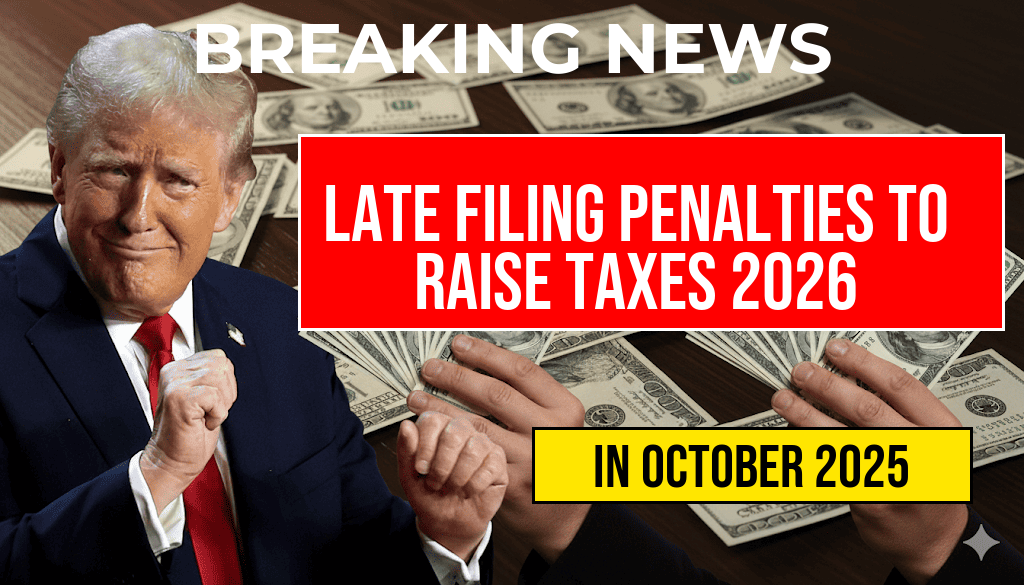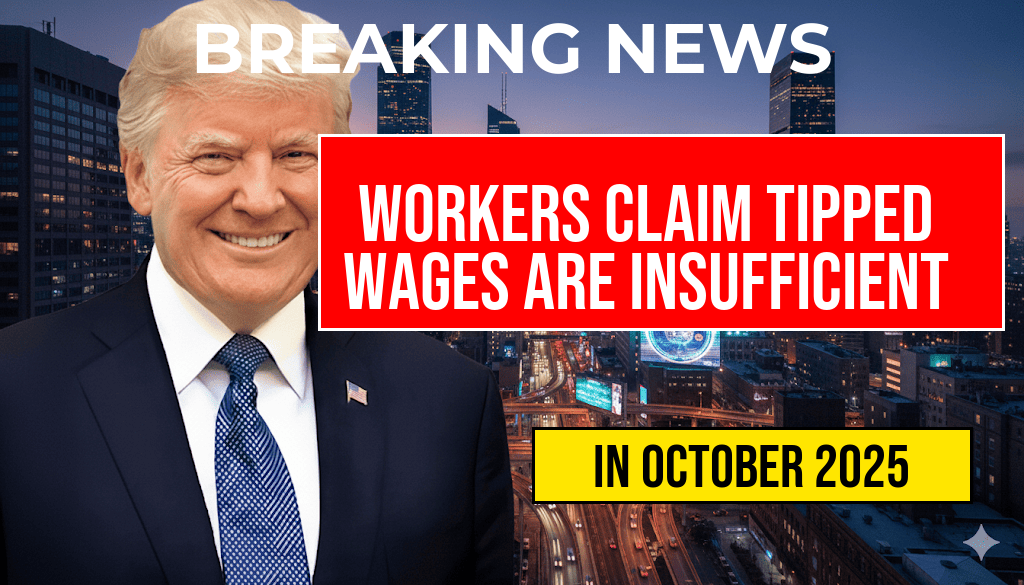A new proposal aimed at reforming the taxation of overtime pay and tips is gaining traction in Congress, promising significant financial relief for millions of American workers. Under the proposed legislation, workers would not have to pay federal income tax on overtime wages and tips received, potentially increasing take-home pay for a substantial segment of the workforce. This initiative is particularly aimed at those in industries such as hospitality, retail, and services where tips form a significant part of earnings. As lawmakers deliberate the merits of this proposal, many are left wondering who stands to benefit the most from such a tax reform and how it could reshape the economic landscape for workers across the nation.
Understanding the Proposal
The early refund proposal is designed to address financial burdens faced by workers in low-wage sectors. It aims to eliminate the federal income tax on overtime and tips, allowing employees to retain more of their earnings. This would not only increase disposable income but could also stimulate consumer spending, a critical factor in economic growth.
Who Will Benefit?
The primary beneficiaries of this proposal are likely to be workers in sectors that depend heavily on tips and overtime, including:
- Hospitality Workers: Waitstaff, bartenders, and hotel employees often rely on tips as a substantial part of their income.
- Retail Employees: Many retail workers earn overtime during busy seasons, and eliminating taxes could enhance their earnings.
- Service Industry Workers: Hairdressers, taxi drivers, and others in service roles frequently depend on tips.
Potential Economic Impact
Experts predict that removing taxes on overtime and tips could lead to a ripple effect throughout the economy. By increasing disposable income for millions, the proposal could result in heightened consumer spending, which is vital for economic recovery and growth. Additionally, with more money in their pockets, workers may be less reliant on social safety nets, potentially reducing government expenditures in the long run.
Opposition and Concerns
While the proposal has garnered support, it is not without its critics. Some lawmakers express concerns about the potential loss of tax revenue, which could impact funding for essential services. Others worry that the elimination of taxes on tips could lead to wage stagnation and discourage employers from providing raises.
Public Response
The public’s reaction to the proposal has been mixed. A survey conducted by the National Employment Law Project indicated that a significant majority of workers support the initiative, particularly those in industries where tips are a substantial part of their income. However, there are voices of caution regarding the practical implications of such a sweeping change.
How Will Implementation Work?
If the proposal moves forward, the implementation process will be critical. Key aspects include:
- Legislative Approval: The proposal must pass through both chambers of Congress before becoming law.
- IRS Guidelines: The Internal Revenue Service will need to create guidelines on how to implement the tax-free status for overtime and tips.
- Employer Compliance: Employers will have to adjust payroll systems to ensure compliance with the new tax regulations.
Future Outlook
As discussions around the proposal continue, stakeholders are watching closely. Labor unions, business associations, and economic think tanks are weighing in, each bringing their perspectives to the debate. The outcome could significantly alter the financial landscape for millions of U.S. workers, making it a pivotal moment in labor policy. The ongoing dialogue highlights the complexities of tax reform and its potential impact on both workers and the broader economy.
Additional Resources
For further information on the implications of this proposal, you can refer to:
- Taxation in the United States – Wikipedia
- Forbes – Tips and Overtime Tax Rules
- National Employment Law Project – Tips and Overtime Tax Reform
Frequently Asked Questions
What is the Early Refund Proposal?
The Early Refund Proposal is a legislative initiative aimed at eliminating taxes on overtime pay and tips for eligible workers, allowing them to keep more of their earnings.
Who will benefit from the proposed tax changes?
The proposal primarily benefits workers in industries where overtime and tips are common, such as hospitality, food service, and certain hourly wage jobs. These workers stand to gain the most from the elimination of taxes on their additional income.
How does the proposal impact the overall tax system?
The proposal aims to simplify the tax code by removing taxes on overtime and tips, potentially leading to a more favorable environment for low- and middle-income earners while encouraging employers to offer more overtime opportunities.
Are there any concerns regarding the Early Refund Proposal?
Some critics express concern that the Early Refund Proposal could lead to reduced tax revenue for the government, which might affect public services and infrastructure funding.
When is the proposal expected to take effect?
If passed, the Early Refund Proposal is expected to take effect in the next tax year, although the exact timeline will depend on legislative approval and implementation processes.








